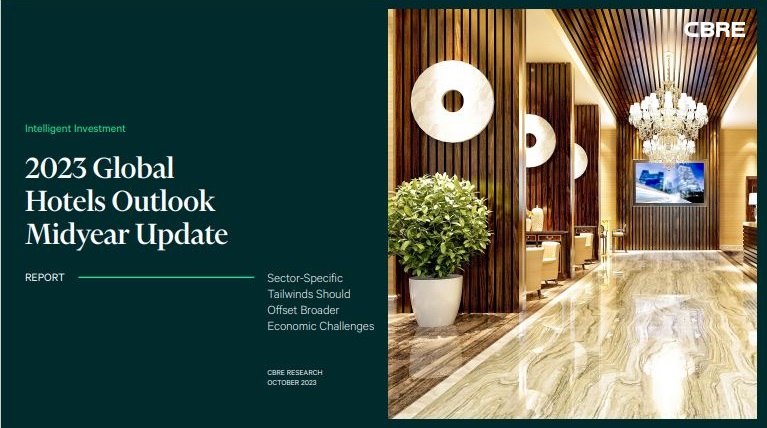India has a striking shortage of hotel accommodation, graphically illustrated by the fact there are currently fewer (hospitality) units available across the entire expanse of the subcontinent than are clustered into Manhattan Island alone. It is not, to state the obvious, a particularly stable scenario but for India, the fastest growing large economy on the planet with a burgeoning and increasingly urbanised population, things were never going to stay still for long.
Officials in the Indian Ministry of Tourism reported last month that there was a shortage of at least two lakh hotel rooms across the subcontinent and at the same time India is struggling to manage a surge in tourists and increasing numbers of business travellers from overseas all of which can only exacerbate the market impact of the occupancy shortfall.
And the Ministry of Tourism’s Working Group, entrusted with oversight of India’s Twelfth Five Year Plan (for 2012-2017) also reported last month that annual year on year growth in foreign tourist arrivals into India topped 12% with a projected requirement for additional hotel units for 2016 alone estimated at a staggering 1,90,108.
No wonder then, that a Senior (but unnamed) Official from the Ministry wasn’t in any mood to mince his words on the potentially serious consequences all this can have on India’s economy:
“We are plagued with a huge shortage of hotel rooms and instead of building new ones, we are trying to encourage homestays and exploring other alternatives like tying up with existing known brands with operational hotels and accrediting them.”
So what exactly is being done about all this? Where is the long-awaited change to come from?
There are two answers to that question depending on whether you approach the issue from a long-term macroeconomic level or as a practical, short-term issue.
On a macroeconomic level, the Ministry of Tourism is currently working on the creation of five Special Tourism Zones, which will eventually be designated as so-called tourist hotspots. The idea is that over the course of time (probably the next five years), external investment will be attracted through a range of fiscal stimuli, leading to the eventual construction of new hotel units. And the key to word in that programme, of course “eventual”… As Keynes put it so graphically, “in the long run we are all dead”.
More realistic and practical solutions are likely to be found in a short-term practical response which is where the Modulex Construction concept is coming into its own and is already making a difference to construction shortfalls on the subcontinent, with individual components being prefabricated off site and then assembled locally, quickly and to the highest specifications where the demand for units is most pressing. So there’s no need to wait for fiscal stimulus to attract more conventional construction companies into the area in five years time. The demand can be met now through innovative solutions such as Modulex. And, of course, there’s also a thriving program of Eco Hotels on the subcontinent, meeting the need for additional hotel occupancy without compromising on long-term environmental impact. Again, an innovative short-term answer to a pressing social issue.
And there’s one company behind both Modulex and Eco Hotels: Red Ribbon Asset Management, investing to help meet the needs of today’s markets on the subcontinent without compromising on our future. It’s what makes Red Ribbon different, investing in mainstream investment strategies capable of making a difference today.
Red Ribbon CEO, Suchit Punnose said:
We have known for some years about India’s shortage of hotel accommodation but, as the article points out, it was hardly likely that the fastest growing large economy on the planet was ever likely to let things continue as they are for much longer. Developing as fast as it is with major infrastructure projects right across the subcontinent and with GDP projected to grow at 8% this year (the fastest growth rate of any economy globally), Prime Minister Modi’s Government was bound to take action sooner or later in this critical area.
So I am encouraged to learn that the Ministry of Tourism now has solid and realistic plans to address the deficit over the next five years, but in the short term too. We at Red Ribbon are proud to play our part in India’s future through our participation in the Modulex and Eco Hotels Projects which are playing a key part in making things better for all of us, without compromising on the environment or on the future which we all share.
[social_buttons full_width_icons="true" facebook="true" twitter="true" google_plus="true" linkedin="true" pinterest="true"][nectar_btn size="medium" button_style="regular-tilt" button_color="Accent-Color" color_override="#7b1627" icon_family="none" url="https://redribbon.co/investment-products/" text="Invest in India with Red Ribbon Asset Management" css_animation="none" margin_top="10" margin_right="20" margin_bottom="10" margin_left="20"]






